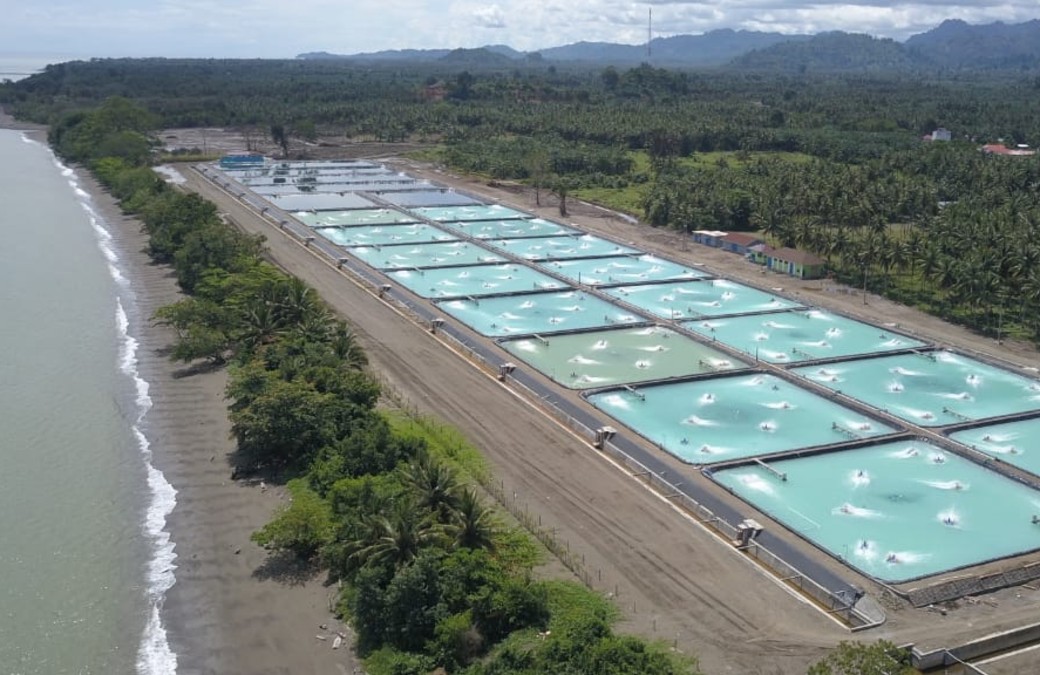
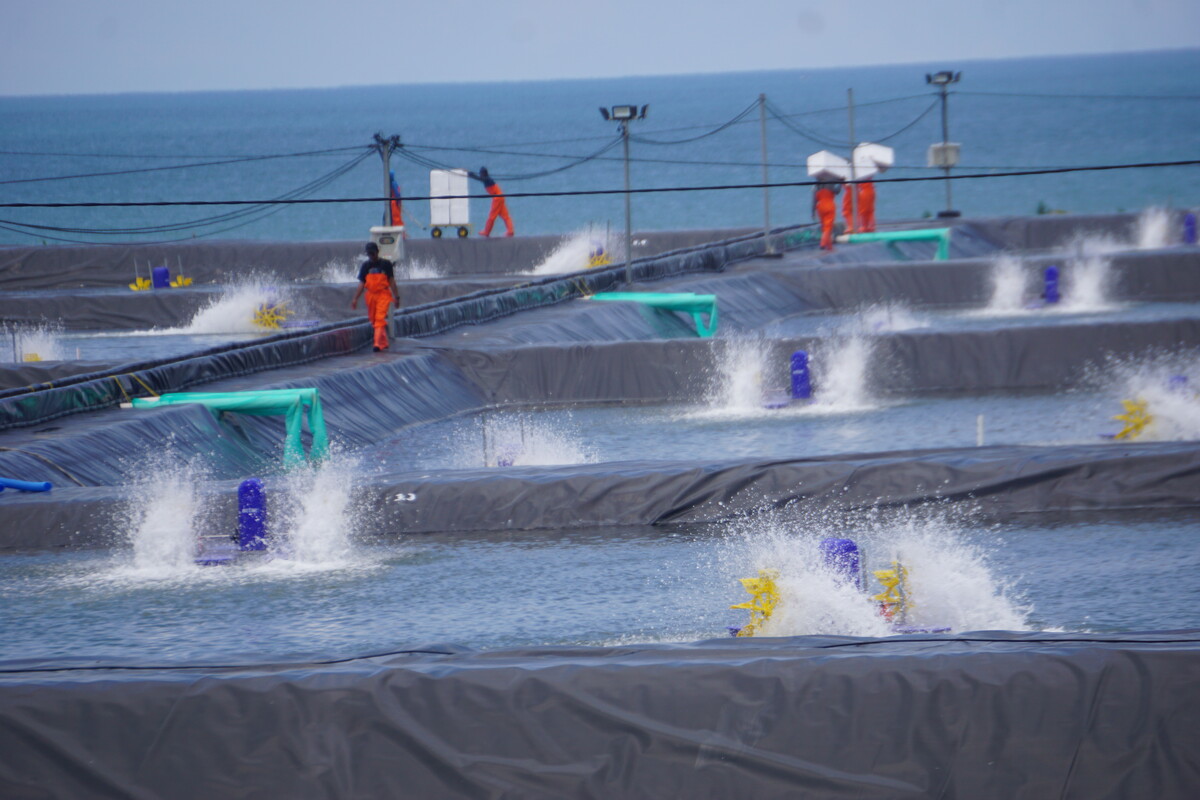
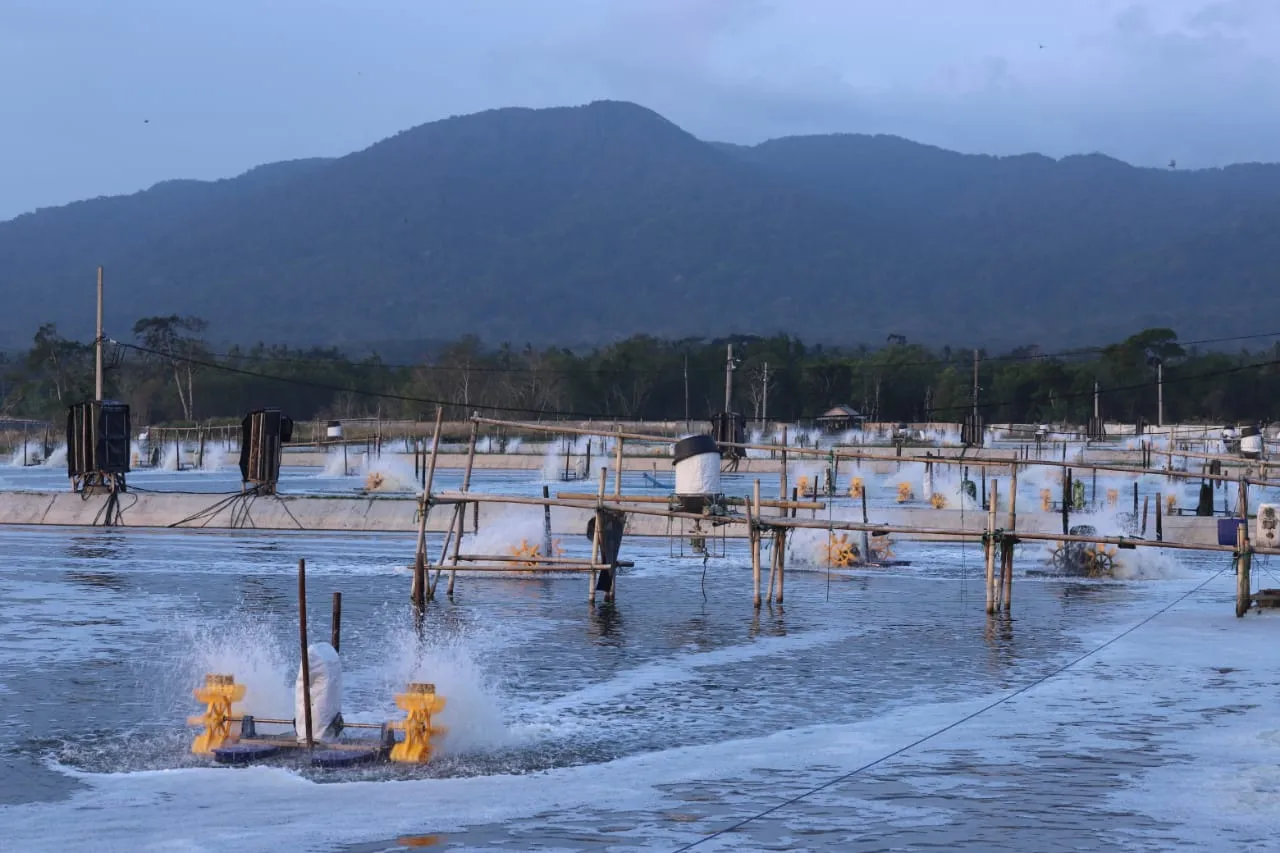
Locations selected across :
01Aceh
02Lampung
03Banten
04Central Java
05East Java
06Bali
07South Sulawesi
The project will introduce sustainable shrimp aquaculture and to improve transparency and traceability processes in order to increase productivity, quality, profitability, and environment sustainability of shrimp farming by smallholders.
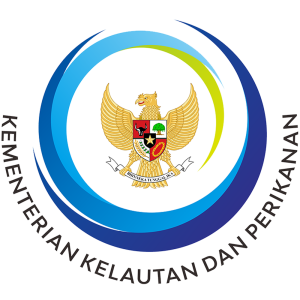
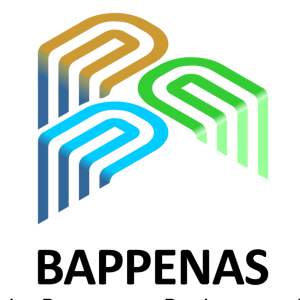
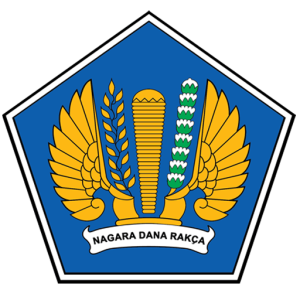
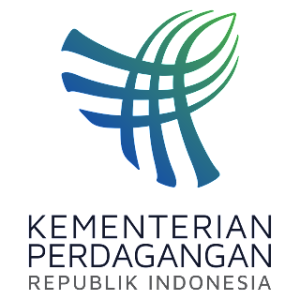
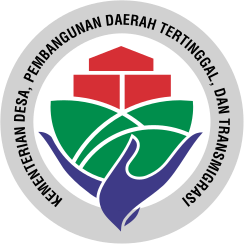
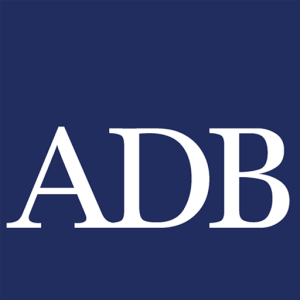
The project is aligned with the following impact: contribution of the fisheries sector to the
national economy increased.
It will have the following outcome: productivity, profitability, and
environmental sustainability of shrimp aquaculture increased.
The project will construct a modern broodstock center and two multiplication centers to provide small- scale hatcheries with access to affordable and quality whiteleg shrimp broodstock. The project will also facilitate the transfer of knowledge for producing high-quality genetic shrimp fry from the Oceanic Institute of Hawaii to MMAF to reduce reliance on imported broodstock. To control the quality of broodstock and juveniles, and the water quality in production facilities, the project will finance the construction and equipment of climate- and disaster-resilient laboratories under MMAF. All facilities will incorporate gender-responsive and inclusive features. The project will train MMAF staff in operating these facilities. This output will also help small and medium-sized seed suppliers to comply with broodstock breeding protocols, good hatchery practices, and biosecurity and environmental monitoring procedures to increase the quality of broodstock. It will strengthen farmers’ capacity to produce their own feed in accordance with the national fish feed self-sufficiency program, Gerakan Pakan Mandiri, to reduce reliance on imported feed.
The project will support the establishment and strengthening of farmers’ groups, which will enable smallholders, including women farmers, to consolidate their production facilities using a cluster approach. Local facilitators will help them to prepare sustainable aquaculture development plans (SADPs), which will form the basis for investment in their respective clusters. The SADPs will also help farmers to access credits and explore partnerships with the private sector. The project will upgrade farmers’ ponds and selected MMAF production facilities as demonstration sites using a sustainable and climate adaptive aquaculture model, which aims to increase production while minimizing its impact on the ecosystem. For each cluster, the project will rehabilitate or upgrade associated infrastructure (canals, production roads, inlet reservoirs, and wastewater treatment facilities,) and purchase equipment to support semi-intensive aquaculture production for selected clusters.6 Farmers will plant and maintain mangrove trees in inlet and outlet canals and along the shoreline to help improve water quality and reduce soil erosion. This output will also support MMAF with establishing O&M guidelines and developing an asset management information system for infrastructure lifecycle management. The project will strengthen the technical capacity of farmers, including women farmers, to adhere to the INDOGAP guidelines for environmentally and economically sustainable shrimp production.
The project will build the capacity of female and male farmers for food safety, handling and cold chain management, processing, and marketing of shrimps. To improve transparency, the project will facilitate the registration of broodstock and feed suppliers, farms, aggregators, and processors in the INDOGAP system and the tracing of transactions in MMAF’s STELINA. In support of a harmonized regulatory framework, the project will assist MMAF in preparing quality standards, and in rationalizing regulations and incentive systems for sustainable aquaculture.



Adding {{itemName}} to cart
Added {{itemName}} to cart